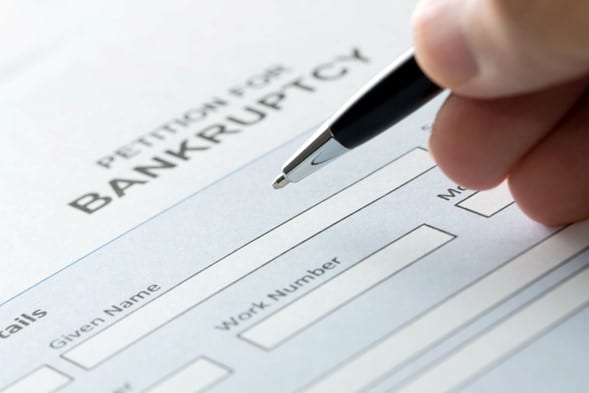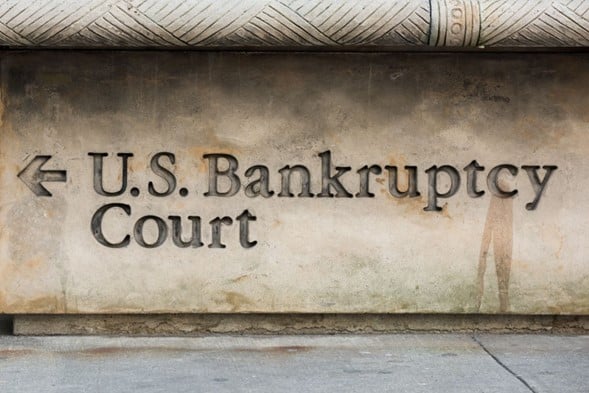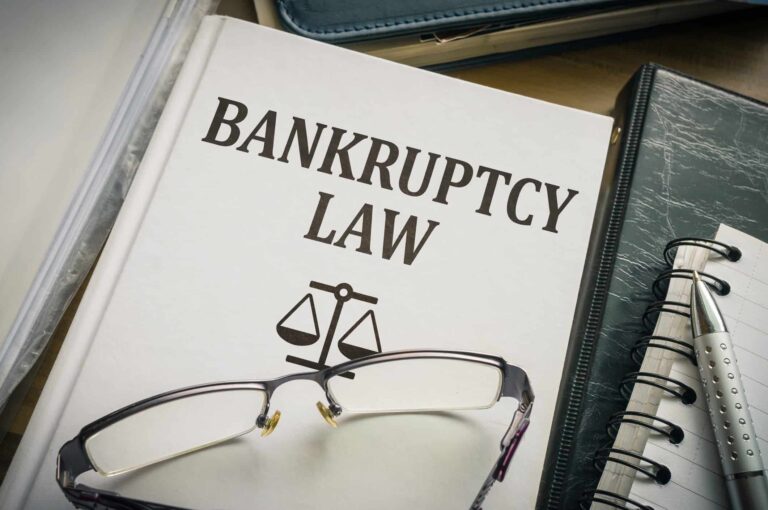What Debts Get Erased in a Bankruptcy?

Multiple factors can lead to financial challenges. Illness or injuries may produce thousands in medical bills. Recessions lead to job losses, and pandemics may also keep employees home. Unexpected expenses and income shortages may leave people unable to pay their bills. When this happens, some may consider bankruptcy as a way to resolve their financial issues. Statista reports that almost 400,000 people in the United States filed for bankruptcy in 2021. Filing for bankruptcy can eliminate some debts, but different types of bankruptcies have different outcomes. Learning about how
What types of debts are dischargeable in bankruptcy?
The debts discharged in bankruptcy depend on the type of bankruptcy filed. Depending on your situation and needs, you can opt for a fresh start by filing to discharge the following types of debts:
- Unsecured debt: An unsecured debt is a loan secured without collateral. Student loan debt, medical bills, and personal loans are unsecured debts.
- Secured debt: Any loan that involves collateral is a secured debt. Examples include car loans and mortgages.
- Credit card debt: The amounts owed in credit card debt can be secured or unsecured debts.
Are all debts forgiven in bankruptcy?
Does bankruptcy clear all debt? Whether all your debt can be discharged depends on your debt type and the bankruptcy option you choose. For example, suppose you owe money for medical bills and have some credit card debt. You may be able to discharge all your debts in your bankruptcy.
Suppose you got a divorce, and the court ordered you to pay child support. You’ve fallen behind in your payments and owe thousands in arrears. Filing Chapter 13 or Chapter 7 bankruptcy will not discharge those debts.
What debts are not discharged in bankruptcy?
Although filing for bankruptcy may discharge all debts in some situations, most people have non-dischargeable debts. Examples of debts not discharged in bankruptcy include the following:
- Alimony payments
- Child support payments
- Guaranteed education loans
- Judgments
- Fines
- Tax liens
What types of debts are discharged in Chapter 13 bankruptcy but not in Chapter 7?
The debt you can discharge in bankruptcy depends on whether you file for Chapter 13 bankruptcy or Chapter 7 bankruptcy. These options work differently, and the best option depends on multiple factors. It’s crucial to note that there are some debts discharged by a Chapter 13 bankruptcy that aren’t discharged by a Chapter 7 bankruptcy, including the following:
- Tax debts
- Property settlements
- Intentional property damage
- Undischarged debts from a previous bankruptcy
- Loans from your retirement plan
- Government fines
What debts are difficult to eliminate in bankruptcy?
All debts not discharged in your bankruptcy filing are difficult to eliminate. Failing to include a debt in your filing can hinder your ability to truly get the fresh start you seek because you’ll still be obligated to repay that debt.
Debts stemming from civil or criminal proceedings are also challenging to eliminate. You may not be able to discharge debts if it’s proven you caused injuries due to malicious actions or negligence. You might be required to pay any judgment awarded in a personal injury case if you caused a personal injury while under the influence. You also can’t discharge debts from criminal conduct, such as fines.
You may also struggle to discharge debts from a creditor that takes legal action when filing for bankruptcy. Typically, the courts issue an automatic stay when you file for bankruptcy, preventing creditors from seeking payments. If the creditor can prove you’re filing a bad faith bankruptcy, the bankruptcy court may deny your request to file.
Are there any bankruptcy exceptions in Nevada?
Qualifying Nevada residents may be able to take advantage of some bankruptcy exemptions. The homestead exemption allows Nevada residents to protect some or all of the equity in their homes. The homestead exemption limit is $605,000. Nevada also offers a motor vehicle exception, protecting people who need a vehicle to travel to work or school from losing their means of transportation. This exemption protects up to $15,000 in equity in your primary vehicle.
Nevada exemptions also include $12,000 in household items like appliances and furniture. Additional exemptions include personal property, such as tools, books, or farm trucks.
In addition to protecting some property from bankruptcy proceedings, bankruptcy exemptions can also simplify the qualification process. Thanks to the efforts of the Biden administration, it’s easier to apply for forgiveness from federal student loans. Those establishing undue hardship may not have to repay all or some of their student loans.
How do I know when I should file for bankruptcy?

Bankruptcy laws are complex, and it can be challenging to know if you should file. Although your financial situation may seem dire, and you may be dealing with creditors seeking payments, bankruptcy isn’t your only option. That’s why it’s crucial that you contact a bankruptcy attorney today.
Your bankruptcy attorney can explain the differences between a Chapter 13 and Chapter 7 bankruptcy, how each type of bankruptcy will impact your bills and your credit, and whether you have other options for reducing your debt load. Your bankruptcy attorney will answer all your questions, enabling you to make the best decisions to resolve your financial issues.
Sources
Annual number of non-business bankruptcy cases filed in the United States from 2000 to 2021. (2022).
What Debt Can’t Be Discharged When Filing for Bankruptcy?. (2021).







